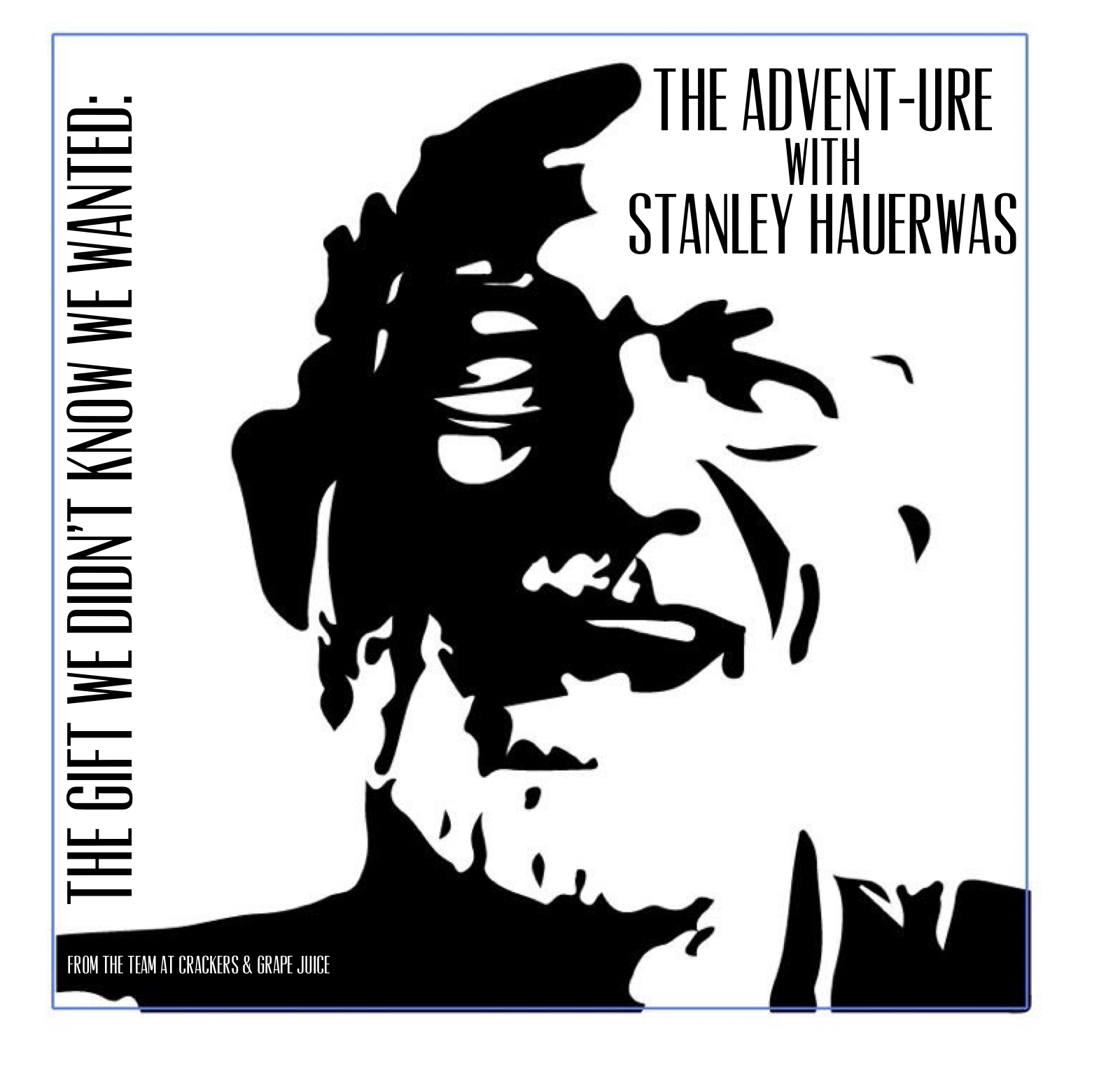
John Garland is the pastor of San Antonio Mennonite Fellowship in downtown San Antonio. In a recent essay in Christianity Today, Garland describes Semillas (Spanish for “seeds”), which is his church’s ministry to refugees who’ve made the long and dangerous journey across the border. Their exodus from Central America can take as long as a month and, along the way, they are targeted for robbery, kidnapping, and sexual exploitation. As a consequence, nearly all migrants fleeing danger experience trauma and violence, which renders them unable to tell— much less process— their stories of hunger, rape, murder, and torture.
Garland’s Mennonite church hosts asylum-seeking families in small guesthouse behind the sanctuary, taking each in as though they were the holy family.
The guests sign a registry, asking them for their religious affiliation. Because the overwhelming majority are evangelical Christians, Garland says they “desperately want to pray, to hear words of encouragement and blessing.”
Semillas uses the therapy techniques of partnering psychiatrists and groups like the American Bible Society’s Trauma Healing Institute. Volunteers begin simply by kneeling before the migrants—to assume a non-threatening posture as we meet the men and women—and gathering vital information. They move through migrants’ stories at an unhurried pace to ensure that they feel physically secure. They offer them weighted blankets and talk to them in spaces in the church that are neither too open or too tight. Once they feel safe, they work to address the migrants’ spiritual and emotional injuries through Scripture. “It takes time and is far too labor intensive for one pastor to manage alone,” Garland writes, “That’s why we have trained church and community members to use these techniques. The Good News confronts trauma head-on, calling the Church to be a healing communion for broken bodies and spirits.”
In Christianity: It’s Not a Religion; It’s an Adventure, Stanley Hauerwas argues that the Gospel has no meaning unless it’s lived out and embodied in people’s lives. The witness of a people like San Antonio Mennonite Fellowship is exactly what Hauerwas has is mind. The Gospel requires performance not so that through our performance we might merit justification. The Gospel requires performance so that through our performance we might make the Gospel intelligible. The dialectic between faith and works is a fraught, for our work in the world as Christ’s People is not in order to earn our salvation but to exemplify the salvation that comes in Christ. Welcoming refugees as though they were Christ, as San Antonio Mennonite Fellowship does, is not a means by which we deserve salvation. It’s a means by which we demonstrate salvation. Which is to say, in a world of refugees the creation of a People who will welcome them is part of the salvation Christ brings into the world. This is why reducing Christianity to a religion of Law (do’s and don’ts) is ultimately unhelpful. For the Law to make sense and do anything but accuse us, Hauerwas says, people first need to see how the do’s and don’ts can be intelligible within a community’s way of life. Before people can hear Christ’s commands in Matthew 25, they need to see a community like San Antonio Mennonite Fellowship exemplifying Matthew 25.
Ruminating in the wake of the first Iraq war, Hauerwas goes on in Christianity: It’s Not a Religion; It’s an Adventure to suggest:
“The first social task of the church is not to make the world more just. It’s the identify the world as the world. George Bush, for example, doesn’t know he’s the world. He thinks he’s a Christian. He needs to be told and shown that he’s the world. The world isn’t out there ready to be seen. Christians create the world by being a different people with different habits and practices from that of the world. Then it becomes the task of the Church to say “World, you need converting.””
No doubt a Christian at San Antonio Mennonite Fellowship would want to edit that quote to read, “Donald Trump, for example, doesn’t know he’s the world…he needs to be told and shown that he’s the world.”
Hauerwas continues:
“Pagans aren’t Christians. Christians in the early church knew that; they knew it was a matter of life or death to defeat the pagans, and when they finally did defeat them, Christians said to the pagans, “You’ve got to be converted; you’re murderers”— that’s where we got the practice of confession and reconciliation.”
“World” in the language of the New Testament is almost always synonymous with what the Apostle Paul calls the Principalities and Powers. The task of the church, in other words, is not to make the world come out right; the task of the church, through its embodied witness, is to make the world understand who it is in the Gospel story, to reveal to a pagan world its captivities to the Principalities and Powers.
What’s this have to do with Advent?
That Advent is a time when we dress our children as shepherds and wise men and hear of Caesar’s census and Herod’s vanity and violence is not, no matter how it appears, an exercise in sentimentality. It’s a politics of the sort Hauerwas ascribes as the church’s first social task. With our children’s pageants and manger scenes and living nativities, we remember and rehearse the story of Christ’s coming so that we might become a People capable of embodying that story in order for others, the “world,” to locate themselves in the story.
To make it plain, we rehearse the story of Christ’s coming— a story which ends with the Christ child fleeing across the border— so that our children might become a People like those at San Antonio Mennonite Fellowship and so others— those whose consciences are otherwise untroubled by images of refugee children locked in cages— might discover that, in this particular story, they’re playing the role of King Herod.
Thus, we discover what the martrys quickly learned.
To proclaim the Prince of Peace in our “world” is to provoke conflict.
The world, particularly that part of the world we call America, cannot know it is pagan apart from the work of Christ which takes the shape of the witness of his Body. Christmas pageants and all the other habits of Advent are a part of the church’s own Semillas program. By dressing our kids as the magi who must flee by another way, we plant seeds in them so that one day they’ll be able not only to welcome the stranger but to say to the pagan powers “You’ve got to be converted.”
